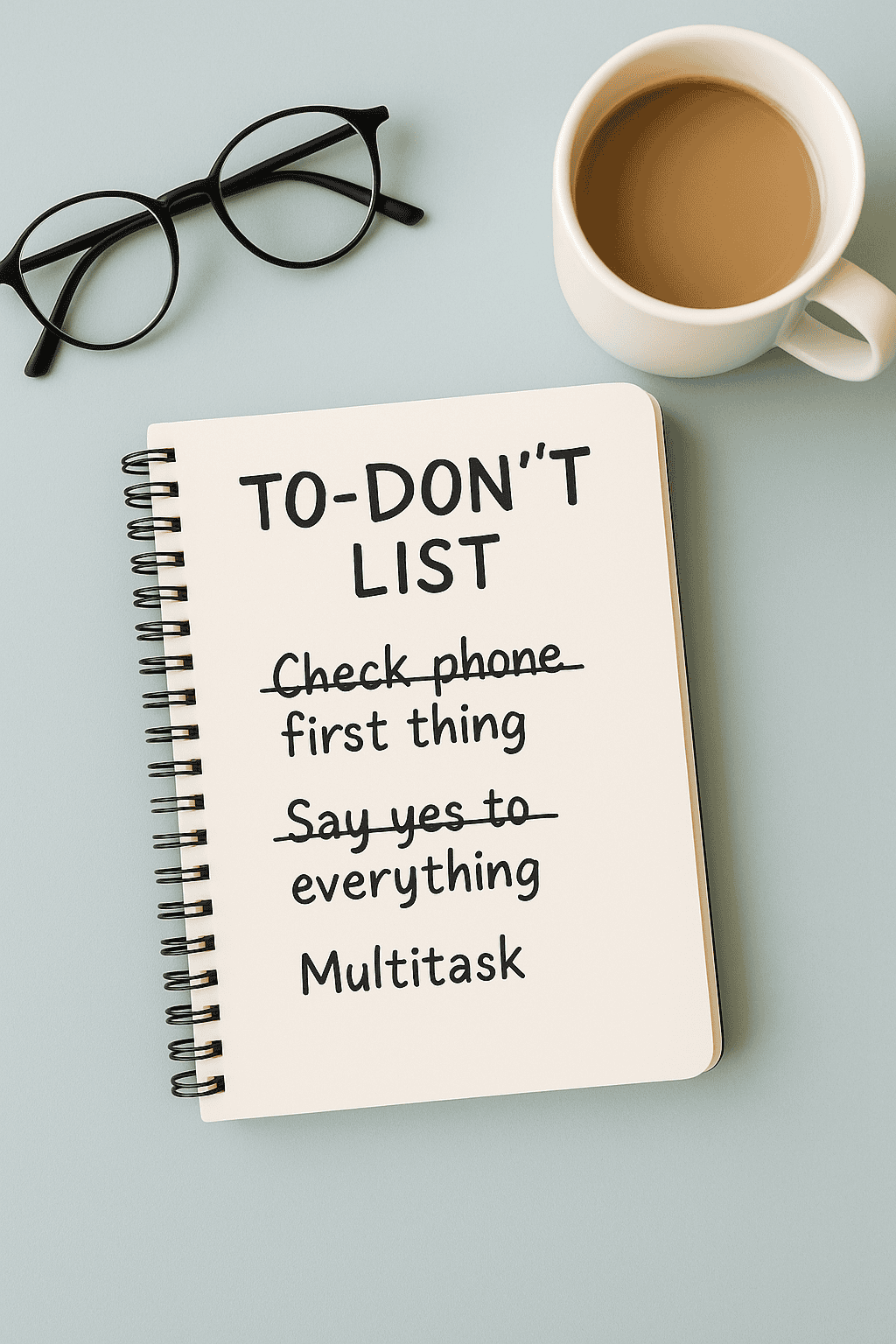Smart Living Starts Here – No Fluff!
Your morning coffee spills as you juggle a Zoom call, a looming deadline, and your cat’s relentless demands for attention. Sound familiar? Stress isn’t just a mental burden—it’s a full-body experience. But can that racing mind really turn your stomach into a stormy sea? Let’s talk about how stress and gastritis might be tangled in a not-so-friendly dance.
How Stress Triggers Gastritis
Stress acts like a mischievous roommate, messing with your body’s balance. When you’re anxious or overwhelmed, your brain signals the release of cortisol and adrenaline—hormones that, while great for fight-or-flight scenarios, aren’t kind to your gut. These chemicals ramp up stomach acid production, irritating your stomach lining like sandpaper on wood. Over time, this can lead to gastritis, a condition where the stomach lining becomes inflamed, causing pain, bloating, or that gnawing “I-ate-a-rock” feeling.
Think of your stomach as a sensitive instrument. Just like a guitar string snaps under too much tension, chronic stress can push your digestive system past its limits. Ever noticed how a rough week leaves you clutching antacids? That’s not a coincidence.
The Science Behind the Stress-Gastritis Link
Your gut and brain are in constant conversation via the vagus nerve—a hotline that explains why “butterflies” appear before a big speech. Under stress, this line crackles with chaos. Studies show stress reduces blood flow to the stomach, slowing digestion and leaving you vulnerable to inflammation. It’s like hitting “pause” on your body’s repair crew while the acid keeps flowing.
But wait—it’s not just any stress. A single bad day won’t trigger gastritis, but months of grinding deadlines, sleepless nights, or unresolved anxiety? That’s the recipe for trouble. Pair stress with habits like coffee guzzling or skipping meals, and you’ve got a gastric cocktail no one ordered.
Spotting the Signs
Gastritis doesn’t always scream “I’m here!” Sometimes it whispers: a dull ache after meals, unexplained nausea, or a weird metallic taste. Maybe you’ve blamed your diet, but if those symptoms stick around like uninvited guests, stress could be the culprit. A friend once joked, “My stomach’s so stressed, it’s writing a resignation letter.” If that’s you, it’s time to listen.
Managing Stress to Heal Your Gut
The good news? You’re not powerless. Start by calming the chaos:
- Breathe like a pro : Try box breathing (inhale 4 seconds, hold 4 seconds, exhale 4 seconds). It’s like a reset button for your nervous system.
- Move your body : A 20-minute walk can lower cortisol faster than scrolling through memes. Bonus: Fresh air distracts your brain from panic spirals.
- Eat mindfully : Swap spicy takeout for gentle foods like oatmeal or bananas. Think of your stomach as a cranky toddler—it needs kindness, not chaos.
And if you’re thinking, “But I can’t just quit my job to meditate in Bali,” start small. Even 5 minutes of journaling or laughing at cat videos can nudge your body toward balance.
When to Call a Doctor
If symptoms persist despite your best efforts, don’t tough it out. Chronic gastritis can lead to ulcers or bleeding—serious stuff. A doctor might recommend an H. pylori test (a sneaky bacteria that loves causing stomach issues) or suggest medications to protect your gut.
Final Thoughts
Stress isn’t just in your head—it’s a full-body experience with a VIP pass to your stomach. By addressing the root causes and giving your gut some TLC, you can break the cycle. As the saying goes, “Your body is your home. Don’t let stress redecorate without your permission.





